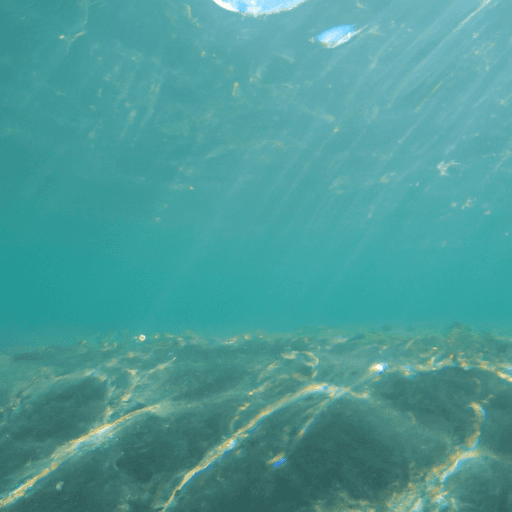
Build a Model of Sea-Floor Spreading and Subduction
Hard

Plate tectonics is the slow movement of the Earth's lithosphere, which is broken into plates. Sea-floor spreading creates new lithosphere, and earthquakes occur when two plates slip past each other. Build a model to explore these phenomena!
Hypothesis
The hypothesis is that building a model of the Earth's outer 300 km will help to better understand the features of plate tectonics.
Method & Materials
You will build a model of the Earth's outer 300 km using a cardboard shoebox, glue, scissors, a straight edge, and a safety razor blade.
You will need a cardboard shoebox, glue, scissors, a straight edge, and a safety razor blade.
Results
After building the model, you can explore the features of plate tectonics, including sea-floor spreading, the pattern of magnetic stripes frozen into the sea floor, transform faulting, thrust faulting, subduction, and volcanism. The model also reveals that plates are moving at a rate of about 5 cm/y, which is about the rate that fingernails grow!
Why do this project?
This science project is interesting and unique because it allows students to explore the features of plate tectonics in a hands-on way.
Also Consider
Experiment variations to consider include adding color to the model to enhance it, or exploring different rates of plate movement.
Full project details
You can find additional information and details for this science fair project here. Have fun exploring!Related video
Hey there! Here are some awesome videos about this science project that we think you'll really like. They're not only super fun, but they'll also help you learn more about the science behind the project. So sit back, relax, and get ready to have some fun!!
Share this Science Project:
Related Science Fair Project Ideas
What happens to seawater when the ocean temperatures rise? Let's explore how temperature affects the pH and salinity of seawater!
Hard
How does soil management affect soil quality? Let's find out by comparing soil from a forest, a field with conventional farming, and a field with compost added.
Hard
Can you figure out how water temperature affects the size of a tornado? Join us in this experiment to find out!
Hard
Share this Science Project:
